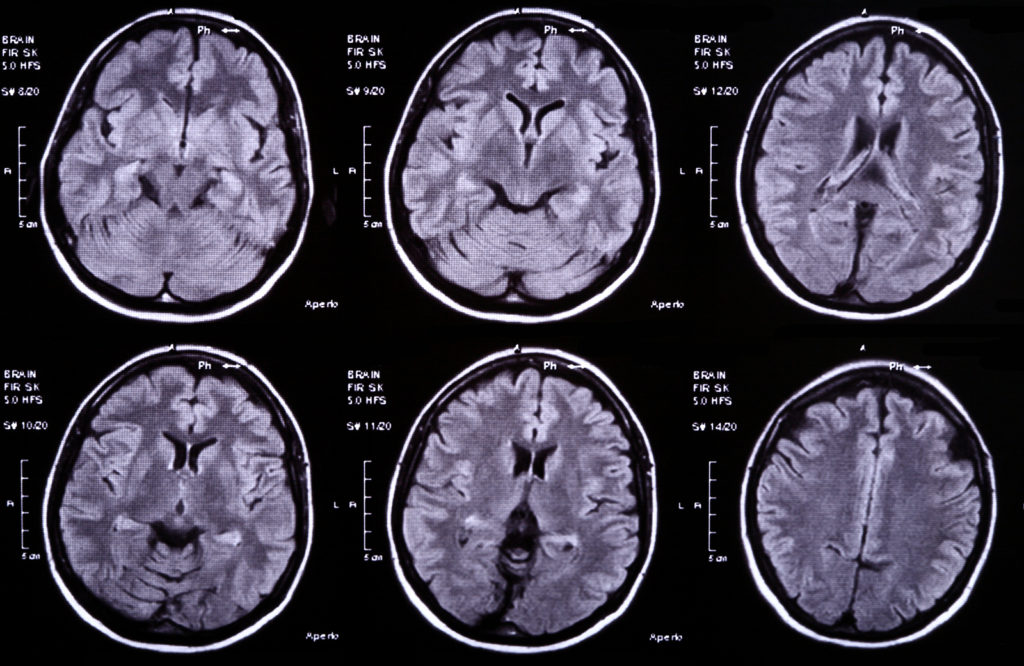New York City Head Injury Lawyer
Injuries to the skull, brain and head are particularly concerning injuries because the brain is the control center of the body. Furthermore impacts or injury to the brain can also affect the spinal cord and spinal column as the spine connects to the brain and transmits its signals throughout the body. The impacts of a head injury can range from a temporary injury that resolves on its own through time, to a fatal injury. Even when a brain injury is not fatal, it can result in extremely serious medical consequences that can limit the things that you are able to do and your own cognitive functioning.
Types of Common Head Injuries
The two main types of head injuries that can produce traumatic brain injuries (TBIs) are closed-head injuries and penetrating brain injuries.
A closed head injury is one that is typically produced by a blunt-force trauma to the head or the skull. Common examples of blunt force trauma could include hitting one’s head on the dashboard in a car accident, being punched in the head during a fight, hitting one’s head on a pool bottom while diving, or the types of impacts experienced by a football player. The mechanism of injury in a closed-head injury is due to the shearing and tearing of muscle and nerve tissue due to the uneven movement of the brain and its structures following a severe impact.
In contrast to a closed head injury where the skull remains intact, a penetrating injury occurs when a foreign objects pierces through the skull and enters into the cranial cavity. The object may remain lodged in the brain or pass through thereby creating an exit wound. Typically the damage caused by a penetrating brain injury occurs along the path the foreign object took through the brain. The most common example of a penetrating brain injury is a bullet wound to the head, though debris kicked up by a lawnmower can produce a similar mechanism of injury.

What Types of Damage can these Brain Injuries Cause?
Brain injuries can range from a minor injury to one with life-long consequences. The types of damage that can be caused by brain injuries includes:
- Brain contusion – A contusion is the medical term for a bruise. Bruising of the brain is especially common when a closed-head injury occurs.
- Problems with attention – A brain injury can impact one’s ability to maintain concentration, persistence and pace. Many people with brain injuries can employ coping strategies that include chunking
- Skull fracture – The skull can be broken in either type of brain injury. A break in the skull often signifies a particularly violent brain injury.
- Nerve damage – Differences in the acceleration between the brain and its structures and the skull can result in nerve tearing and shearing. This damage can result in nausea, dizziness and confusion.
- Swelling & pressure – Intracranial pressure is a fairly common, but serious, sign of a brain injury. Intracranial pressure can result in severe pain and suffering.
- Social & emotional impacts – A brain injury can result in increased aggression, difficulties in following a conversation and can encourage other anti-social behaviors.
- Cognitive effects – A brain injury can cause wide-ranging effects and impacts on your cognitive functioning. A brain injury can result in difficulties with abstract topics and many other problems.
The foregoing are merely a selection of the more common consequences of a brain injury. Many other problems and issues can be caused by damage to the brain.
Put our Brain Injury Experience to Work for You
The attorneys of Sullivan & Galleshaw fight for people who have suffered a serious brain injury or have been wrongfully killed due to their catastrophic head injury. When you work with a Sullivan & Galleshaw attorney, you can rest assured that you are working with an experienced legal team that is invested in you and your legal outcome. To schedule your free, confidential consultation, call 718-843-0300 or contact us online.